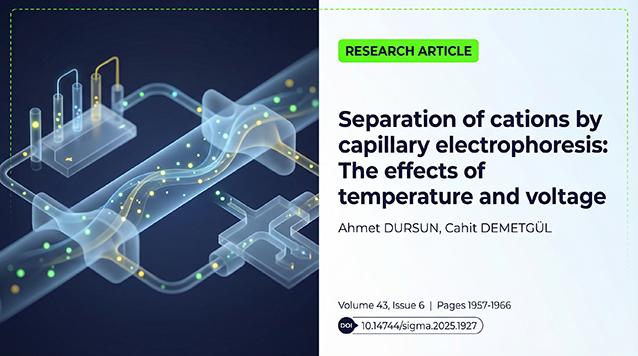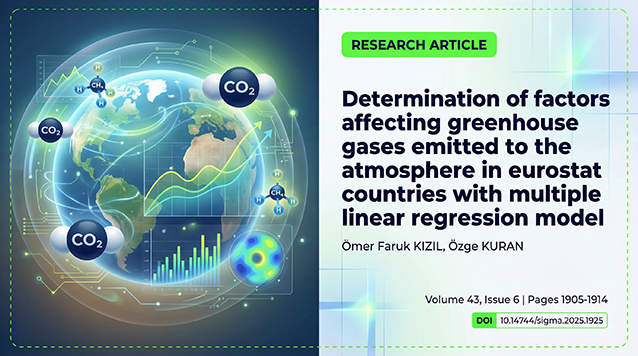Abstract
In Turkey, in accordance with the Act of Environment Number 2872 the first Regulations on Control of Solid Waste which was published in Official Journal dated and issue March 14th, 1991/20814. In the draft of the regulations on control of solid waste, deposit application was proposed by Prof. Dr. Adem Baştürk, but this proposal was not accepted, instead quota application was accepted. Quota application projected a recycling ratio 40% for glass and plastics, and 38% for metals, paper, and cardboards for the year 2008. This application was terminated by a regulation issued in the Official Journal dated April 05, 2005/25777. Regulations on Control of Packaging and Packaging Wastes and other regulations regulate the recycling and resource recovery. Deposit application is an invention of beverage industry instead of the government. Old type, heavy and refillable bottles and cans or packaging material were collected by industrial companies voluntarily using deposit to increase the efficiency of their investment capitals in the first three quarter of 20th century. During the later years more cheap and light bottles, containers, and cans, and plastics packaging material were invented and beverage industries stop the volunteer deposit. The benefits of the applications with refund are given in the following. “Cost of recycling and resource recovery are paid by producers rather than municipalities and consumers-It helps to complete the existing curbside recycling programs-It specifically reduces littering of beverage containers along highways, in lakes, rivers, and recreational and picnic areas-It reduces the cost of collecting the litter from the nature-It extends the lifetime of solid waste landfills-It protects children by effectively reducing the incidence of glass laceration in childhood”. Deposit application in the U.S.A. began in 1971 in Oregon and the following years was applied in other states and also in the countries of the world; this system also continued with differences in the deposit fees and beverage types. The producers of glass and cans for water, fruit juice, beer, soda, and similar beverages, shopping malls, chain markets, their research institutes, foundations and their lobby have always been against the deposit system by spending large amounts of money. Upon implementing deposit system a 30-60% reduction in littering on highways was obtained in the states which have 30% of the population of the U.S.A. While the recycling ratio in the states implementing deposit system increased to 78%, those states not following the deposit system remained 23%. The 13th paragraph contains the proposal about the cancellation the quota system and putting the deposit system into effect in the part entitled Solution Proposal of the “Special Expert Commission Report for Five Year Development Plan” prepared and published by the “State Planning Agency Of Turkey” (DPT).
Türkiye’de Çevre Kanunu uyarınca sayın Prof. Dr. Adem Baştürk tarafından hazırlanan katı atıkların kontrolüne dair yönetmelik taslağında depozito uygulaması teklif edilmiş, ancak bu öneri kabul edilmemiş, 14.03.1991/20814 tarih ve sayılı Resmi Gazete’de yayınlanan ilk yönetmelik kota uygulamasını getirmişti. 2008 yılında cam ve plastikte %40, metal ile kâğıt ve kartonda % 38’lik bir geri kazanmayı öngören kota uygulaması 05.04.2005/25777 tarih ve sayılı Resmi Gazete’de yayınlanan yönetmelik değişikliği ile sona erdirildi. 01.01.2005 tarihinde yürürlüğe girmiş bulunan Ambalaj ve Ambalaj Atıklarının Kontrolü Yönetmeliği ve diğer yönetmelikler ile geri dönüşüm ve geri kazanma konusu düzenlenmektedir. Gıda maddeleri veya içecek ambalajlarında depozito uygulaması, devletin değil, sanayinin bir buluşudur. Eski tip, ağırlığı fazla ve tekrar doldurulabilir nitelikteki içecek ambalajları 20. Yüzyılın ilk üç çeyreğinde depozito ile ve gönüllü olarak toplanmak suretiyle işletme sermayelerinin verimi arttırılmıştır. Sonraki yıllarda ambalaj biçim ve inceliklerinin azalması, plastik ve diğer hafif ambalajların kullanılmaya başlanması sanayinin gönüllü depozito uygulamasına son verdi. Depozito uygulamasının faydaları arasında “belediye ile tüketici yerine üreticinin masrafları ödemesi-geri dönüşümü teşvik etmesi-kaldırımdan yapılan çöp toplama sistemini tamamlaması-yol, otoyol, göl ve akarsularda, tabiatın her tarafında çöplerin dökülüp saçılmasının engellenmesi-çevreye dağılmış çöplerin toplama masraflarının azaltılması-düzenli depolama tesislerinin ömürlerinin uzatılması-özellikle çocukların kırık cam parçaları üzerine düşmelerinden kaynaklanan yaralanmalarının azaltılması” sıralanabilir. ABD’de Oregon’da 1971 yılında başlayan depozito uygulamasına daha sonra değişik kıtalardaki değişik ülkelerde başlanmış olup gerek birim ücret, gerek içecek türlerindeki farklılıklarla devam edilmektedir. Su, soda, bira, gazoz, meyve suları ve benzeri içecekleri şişe ve kutularda üreten ve piyasaya süren firmalar, büyük bakkaliye mağazası zincirine sahip şirketler, alışveriş ve eğlence birimlerini içeren alıveriş merkezleri, bunların desteklediği araştırma merkezleri ve vakıflar depozito uygulamasını zorunlu hale getiren yasal düzenlemelere ve bunlarda yapılacak değişikliklere karşı büyük harcamalar yaparak karşı çıkmaktadırlar. ABD’de nüfusun %30 unu içeren eyaletlerde uygulama sonucu yol kenarına çöp atılması %30-60 oranında azalırken depozito uygulamayanlarda %23 olan geri dönüşüm, uygulayanlarda %78’e çıkmıştır.















